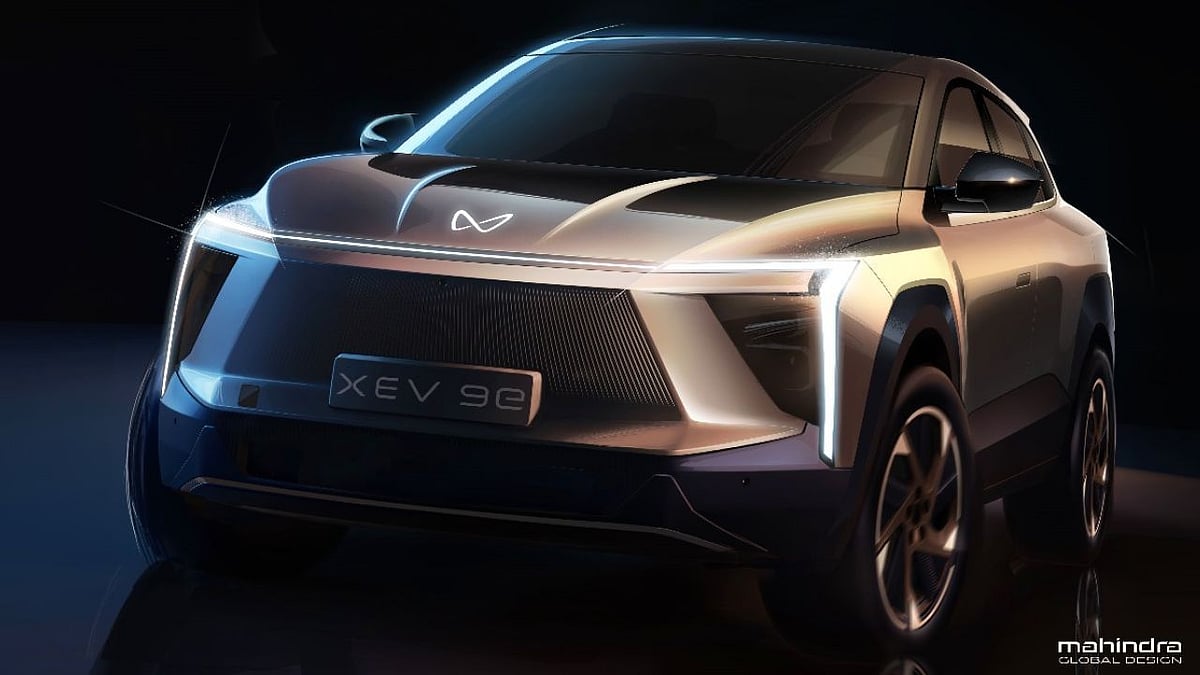The Goods and Services Tax (GST) Council may consider imposing an 18 per cent GST on payment aggregators (PAs), such as BillDesk and CCAvenue, for small digital transactions up to Rs 2,000 made using debit and credit cards in the GST Council's next meeting, which is set for September 9.
As per a report, the Goods and Services Tax (GST) Fitment Panel has expressed its opinion that payment aggregators ought not to be categorized as banks since they act as intermediaries for transactions.
As such, the fitment committee is inclined to levy GST on these Payment Aggregators (PAs). Under current regulations, payment aggregators are not subject to GST on transactions that total less than Rs 2,000.
80 per cent transactions are worth less than Rs 2,000
Less than Rs 2,000 worth of transactions make up more than 80% of all digital payments made in India. In 2016, during the demonetisation process, a government notification prohibited payment aggregators from charging merchants for the services they provided.
The authorities have recently started collecting taxes, with FY2017–18 being the first to do so in tandem with the introduction of the GST regime. This development is taking place in the midst of rumors that, after its meeting next week, the GST Council will clarify how such transactions are taxed.
Current charges on payments
Currently, payment aggregators charge between 0.5 per cent and 2 per cent of each transaction to merchants. They might end up charging retailers for this additional expense as a result of the GST.
Since payment aggregators enable a variety of digital payment methods like QR codes, POS machines, and net banking, they are currently exempt from paying GST on transactions under Rs 2,000.
Small businesses that rely on regular low-value transactions may be impacted if small-value transactions are subject to an 18 per cent GST. Nonetheless, for retailers handling high-value sales, the extra 18 per cent tax on payment gateway charges might not be a significant financial hindrance.
UPI payment is tax-free
The most widely used digital payment method at the moment is the Unified Payments Interface (UPI), especially for low-value transactions.This has had a minimal overall impact on digital transactions. With over 131 billion transactions, UPI's year-over-year (YoY) growth in transaction volume in the fiscal year 2024 was impressive, growing by 57 per cent.

Notably, UPI now accounts for over 80 per cent of all retail digital payments made in India. The important thing to keep in mind is that the GST only applies to online purchases made with debit and credit cards. UPI transactions will not be impacted by the tax because they do not currently have to pay a merchant discount rate (MDR).
As a result, UPI remains a free choice for both consumers and businesses for transactions under Rs 2,000, making it a very favorable mode of payment.
.jpg?width=1200)









